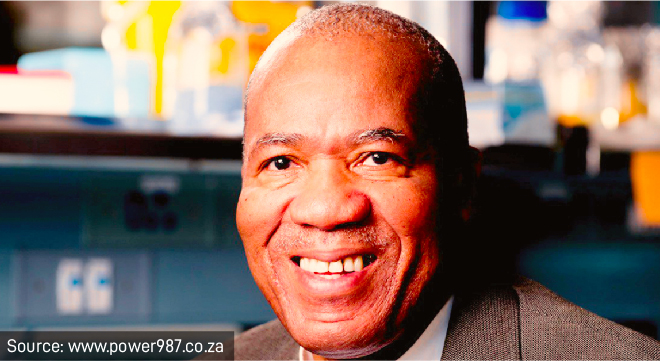The quality of “health delivery” in the country’s public hospitals was deteriorating, and most hospitals will not meet the “high standards” required by National Health Insurance (NHI), the Health Ombud, Professor Malegapuru Makgoba (pictured), told Parliament last week.
“While we are preparing for NHI, we don’t seem to be raising the standard of service delivery,” Makgoba told the Portfolio Committee on Health.
Makgoba said he visited all nine provinces over the past 12 months, and the only province that “seems to have got its act together is the Western Cape […] They seem to want to serve the people of the Western Cape. The other provinces are really in difficulties, and I think they need to be called upon to jack up their work.”
However, there were “pockets of good” in all the provinces, he said.
The NHI Bill envisages that all public and private health facilities must be inspected and accredited by the Office of Health Standards Compliance (OHSC), which works closely with the Office of the Health Ombud.
“As things stand today, I think we couldn’t go into the NHI with the level of inspectorate and certification that we have done so far, because I suspect that most of the hospitals will not meet the high standards that are required to meet the requirements for the NHI,” Makgoba said.
Despite his diagnosis of the public healthcare system, Makgoba said he fully supported NHI, which he described as an important project that will “level the playing fields”.
The OHSC says in its five-year plan that it aims to inspect each of South Africa’s more than 5 000 health facilities at least once every four years, which means it needs to assess on average 1 200 facilities a year.
It inspected only 544 of South Africa’s 3 741 public health facilities in the year to March 31, up from the 387 it scrutinised the year before. No private health facilities were inspected because their assessment criteria have not been finalised.
OHSC chief executive Siphiwe Mndaweni told the committee that the pandemic had delayed inspections for the past two fiscal years. In addition, budget and staff constraints limited the number of facilities that could be inspected and contributed to delays in resolving complaints. The complaints directorate has only three staff, she said.
Only 39 of the 146 complaints received from patients of healthcare facilities were resolved within the OHSC’s 30-day target. Seven of the 158 serious complaints that warranted an investigation were completed within its six-month target, and two were resolved within a year.




The irony is that if the public facilities were “up to standard”, people would leave their medical aids in droves to benefit from excellent state facilities.
Integration dialogue requires comprehensive and meaningful engagement across industry stakeholders. These should anchor on improving socioeconomic standards of citizens and moderate from profit driven health sector.